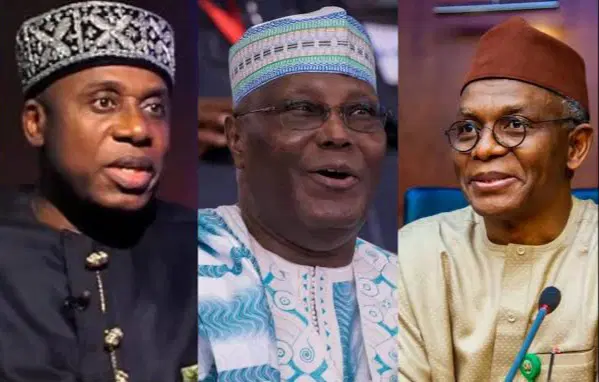While projections in the 2022 budget appear somewhat realistic, the Institute of Directors (IoD) Nigeria, has warned that lingering forex illiquidity, lack of will to follow through critical reforms by fiscal authorities, rising insecurity and low level of vaccination rate could constitute the major downside risks to Nigeria’s short-term growth prospect.
President and Chairman Governing Council, IoD Nigeria, Dr. Ije Jidenma, stated this at a webinar organised by the institute with the theme ‘The Directors’ Prospect for 2022: What will change and what you should Do’.
She also noted that the year would be impacted by political activities as the 2023 election year draws near, even as she advised business owners, directors and managers, to neglect the effect of the political activities at their own detriment.
However, she said recovery in 2022 will be impacted by effective management of the pandemic, proper management and spread of vaccinations, direction of the global oil market and the quality of government policies and programmes.
While urging business operators to continue to devise strategies to keep their businesses running, she said the new era for the economy was a major test of members’ resilience and a challenge to their entrepreneurial and innovative capacities.
Going forward in the New Year, she urged that businesses must maintain flexible structures by embracing technology to adapt to changing market dynamics.
She said corporate entities must constantly review their operating models to identify activities that could be discontinued during the pandemic to reduce their operating cost .
She urged that policy makers should develop a framework that would ensure that Nigeria has a well-diversified revenue base as proceeds from crude oil have and will remain unreliable.
All these, she maintained, are pertinent for macroeconomic stability and sustainable economic growth.
Keynote Speaker and Chief Executive Officer, Economic Associates, Ayo Teriba, called for the optimisation and valuation of Nigeria’s assets to engender budgetary funding for a more liquid, stable and growing socio – political economy.
The economist said that global trends reflected that the country would gain more from valuation, particularly of its idle corporate assets, than outright sales.
He said that annual spending must be funded in full to ensure that Nigeria’s medium term plan was actualised.
He stressed that the country’s quality of debt must be tied by securitising payments to some of these assets.
He said: “The surest path to full and effective funding of the annual budget and five year plan is to turn to our portfolio of national assets, and unlock liquidity from them. Non-tax revenues are more promising as Nigeria’s plethora of assets that offer huge non-tax revenue potentials remain unexploited. There is a need to know the market value of your corporate assets and there is more to gain from value enhancement of our cities and prime urban land should be exploited as well.”
In his remarks, Director-General, Budget Office of the Federation, Ben Akabueze, said the 2022 revenue projection was not based on taxation but on oil and other revenue generation dynamics.
He added that the budget, which was aspirational and realistic, was prepared on the premise that petrol subsidy would last up till June 2022.
He noted that the subsidy reversal would create a N1.3 trillion gap in the revenue projections for the year.












